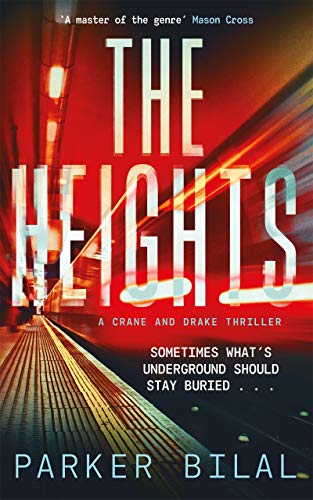This is the long-awaited sequel to the author’s debut Brothers in Blood, an impressive novel that made a well-deserved impact on the crime fiction landscape. We’re back with Zaq and his best mate Jags in Southall, and once more this is a tale populated by the West London neighbourhood's less respectable inhabitants.
Stone Cold Trouble starts off with Zaq still in the employ of the timber yard owned by the Brar family, this despite the fact that in the previous novel he went toe-to-toe with the Brar sons, both local thugs. Zaq outwitted them and they now languish as guests of Her Majesty’s Pleasure, but luckily for him, their father is blissfully unaware of his role in his sons’ incarceration, and so he still has a job.
Trouble for Zaq this time occurs on two fronts. First, his brother Tariq is beaten into a coma, and second Jags uncle loses a valuable necklace in a game of poker. Zaq investigates who beat up Tariq fearing it’s any number of people he crossed in book one, while he and Jags try and recover the necklace. Needless to say, it isn’t long before they end up in all kinds of trouble. As mentioned, and being a crime thriller, the two friends soon cross a new selection of unsavoury characters and some of the bad guys in Stone Cold Trouble are truly unpleasant people who consider themselves above the law.
Stone Cold Trouble is a great novel, albeit a little slower to get going than Brothers in Blood. This reflects the storyline well though as Zaq is both worried about his brother and also has very little to go on in his investigations. The climactic last third is really very tense and by then the reader has discovered just how repellent those our heroes are up against really are.
As with the first book, this is a well-plotted crime novel with compelling characterisation, and as with book one, there are a number of hints of where things might go next. As the series progresses Zaq and Jags are building up both enemies (such as the Brar Brothers, who currently rot in the clink) and others who might become suspicious that the two could be a liability (a certain person in Stone Cold Trouble). Either could form a plotline for book three. Or the two might happen across a whole new set of villains. Either way, this is a series that is well worth a read and Stone Cold Trouble is a great sequel to the author’s debut.
5 out of 5 stars



